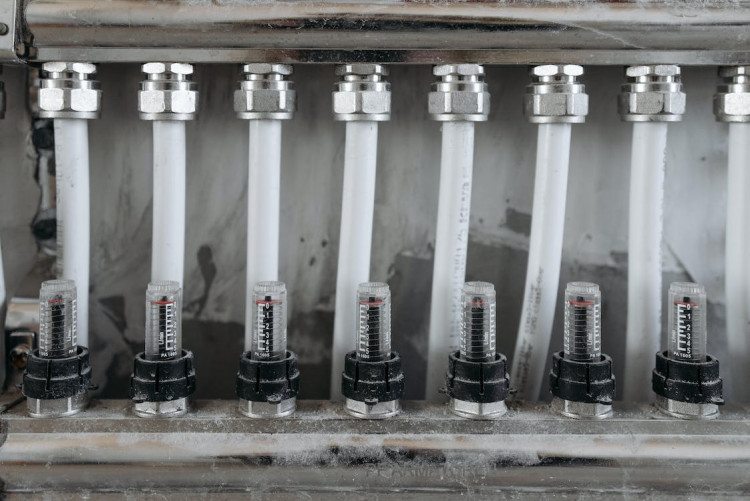Alabama executed Kenneth Eugene Smith using nitrogen gas, marking the first application of this method in the United States. The execution, which took place at the William C. Holman Correctional Facility in Atmore, has ignited a storm of condemnation from various quarters, including human rights organizations, legal experts, and international bodies.
Witnesses to the execution reported that the process took approximately 22 minutes, during which Smith convulsed on the gurney for several minutes after the nitrogen gas began to flow. Lee Hedgepeth, a journalist who witnessed the execution, noted, "I've never seen a condemned inmate thrash in the way that Kenneth Smith reacted to the nitrogen gas." This account raises serious concerns about the humanity and ethics of this untested execution method.
Jeff Hood, Smith's spiritual adviser, who was present during the execution, described the scene as one of torture. "He shook the whole gurney," Hood recounted, visibly shaken by the experience. This firsthand account contradicts the state's previous assurances that the nitrogen gas would induce a quick and painless death.
The international community, including Volker Turk, the UN High Commissioner for Human Rights, and the European Union's diplomatic service, has voiced strong objections to the use of nitrogen hypoxia, citing it as a potential form of torture and a violation of human rights.
Despite these concerns, John Hamm, the commissioner of Alabama's Department of Corrections, defended the execution, suggesting that Smith's reactions were anticipated. "It appeared Smith held his breath for as long as he could, and struggled against his restraints," Hamm stated, indicating that the state had expected some form of resistance or physical reaction from Smith.
Critics argue that the state's use of an untested method constitutes an unethical experiment on human life. Maya Foa, of the international human rights group Reprieve, labeled the execution as "torture," questioning the portrayal of nitrogen hypoxia as a humane alternative to lethal injection. Joel Zivot, an expert on execution at Emory University School of Medicine, echoed these sentiments, suggesting that Smith's prolonged and visible struggle indicated a "slow and agonizing" death.
The execution has also reignited broader debates over the death penalty in the United States, with critics pointing to the moral implications of state-sanctioned killing. Bryan Stevenson, a prominent lawyer and founder of the Equal Justice Initiative, emphasized the fundamental question of whether society has the moral authority to execute individuals, regardless of the method used.
Smith's case, particularly his execution's method, timing, and witnessed reactions, has undoubtedly cast a spotlight on the ongoing ethical, legal, and human rights debates surrounding capital punishment. As the world reacts to this unprecedented event, the conversation around the death penalty's place in modern justice systems is likely to intensify, with Alabama's decision to employ nitrogen hypoxia at the center of this critical discourse.




